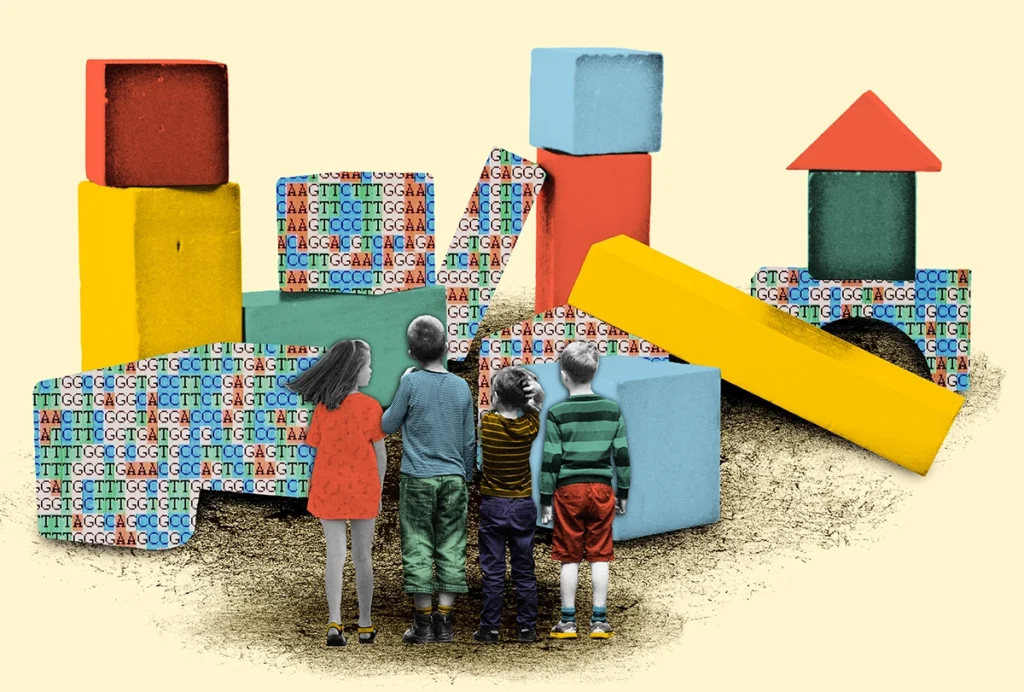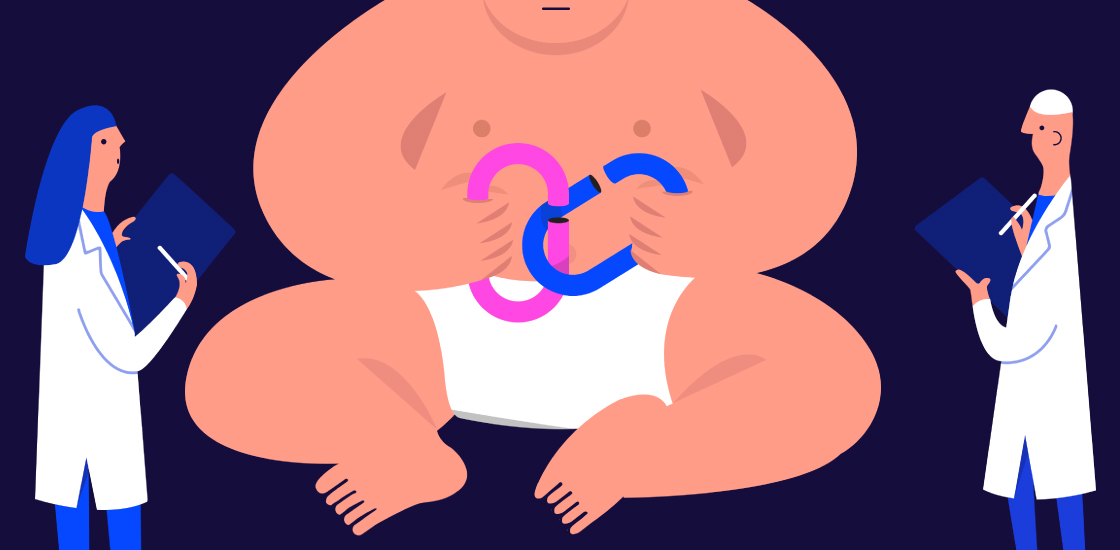John N. Constantino is a board-certified child and adolescent psychiatrist and chief of behavioral and mental Health at Children’s Healthcare of Atlanta, as well as professor of psychiatry and pediatrics at Emory University School of Medicine. He is an international leader in autism trait phenotyping, sex differences in autism, and endophenotypic analyses.

John Constantino
Chief of behavioral and mental health
Children’s Healthcare of Atlanta
From this contributor
Autism is more heritable in boys than in girls
If boys have greater inherited liability for autism, the female protective effect may not fully explain the sex difference in prevalence.

Autism is more heritable in boys than in girls
Q&A with John Constantino: Solving the biomarker conundrum
Biological factors that reflect autism’s roots may differ from those that influence how severe the condition is. Failure to make a distinction has stymied the search for biomarkers.

Q&A with John Constantino: Solving the biomarker conundrum
Traits of other conditions may spur autism
Early features of other conditions may contribute to autism itself

Traits of other conditions may spur autism
Japanese spectrum
Researchers studying autism prevalence should take into account the continuous nature of autism symptoms in the general population, says John Constantino.
Explore more from The Transmitter
Astrocytes orchestrate oxytocin’s social effects in mice
The cells amplify oxytocin—and may be responsible for sex differences in social behavior, two preprints find.

Astrocytes orchestrate oxytocin’s social effects in mice
The cells amplify oxytocin—and may be responsible for sex differences in social behavior, two preprints find.
Neuro’s ark: Spying on the secret sensory world of ticks
Carola Städele, a self-proclaimed “tick magnet,” studies the arachnids’ sensory neurobiology—in other words, how these tiny parasites zero in on their next meal.

Neuro’s ark: Spying on the secret sensory world of ticks
Carola Städele, a self-proclaimed “tick magnet,” studies the arachnids’ sensory neurobiology—in other words, how these tiny parasites zero in on their next meal.
Autism in old age, and more
Here is a roundup of autism-related news and research spotted around the web for the week of 2 March.

Autism in old age, and more
Here is a roundup of autism-related news and research spotted around the web for the week of 2 March.
